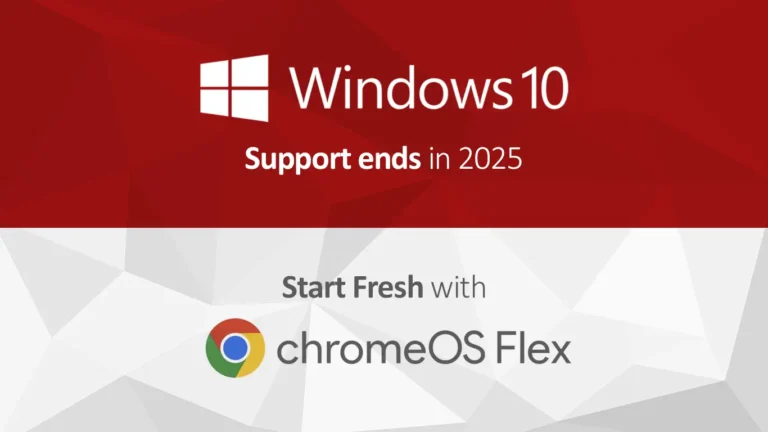When it comes to choosing a laptop, many people find themselves torn between Chromebooks and traditional laptops. Both options have their strengths and weaknesses, making the decision challenging. In this article, we will compare Chromebooks and traditional laptops, helping you determine which is the best fit for your needs.
Operating System
The most significant difference between Chromebooks and traditional laptops is the operating system. Chromebooks run on Chrome OS, which is lightweight and designed for web-based applications. Traditional laptops typically run Windows or macOS, providing a broader range of software options, including desktop applications. If your work relies on specific software, a traditional laptop may be the better choice.
Performance
In general, Chromebooks are less powerful than traditional laptops, but this isn’t always a disadvantage. Chromebooks are designed for web-based tasks such as browsing, document editing, and streaming. They boot up quickly and offer long battery life, making them ideal for casual users and students. However, if you need to run resource-intensive applications, a traditional laptop with a dedicated CPU and GPU will perform better.
Price
Chromebooks tend to be more affordable than traditional laptops, making them a popular choice for students and budget-conscious consumers. While you can find traditional laptops at various price points, high-performance models can be significantly more expensive than a Chromebook with similar specifications.
Portability
Most Chromebooks are lightweight and designed for portability, making them easy to carry around. Traditional laptops come in various sizes and weights, but some high-performance models can be bulky. If you frequently travel or need a laptop for on-the-go use, a Chromebook is likely the more convenient option.
Storage and Software
Chromebooks rely heavily on cloud storage and web applications, which can be a drawback if you prefer to store files locally. Traditional laptops typically offer more storage options and support a wider range of software applications. If you require extensive local storage or specific software, a traditional laptop may be the better choice.
Conclusion
Ultimately, the decision between a Chromebook and a traditional laptop depends on your specific needs and usage patterns. Chromebooks are an excellent option for those who primarily use web-based applications and value portability and affordability. Traditional laptops offer greater performance and versatility for users with demanding software requirements. Assess your priorities to determine which option is best for you.



